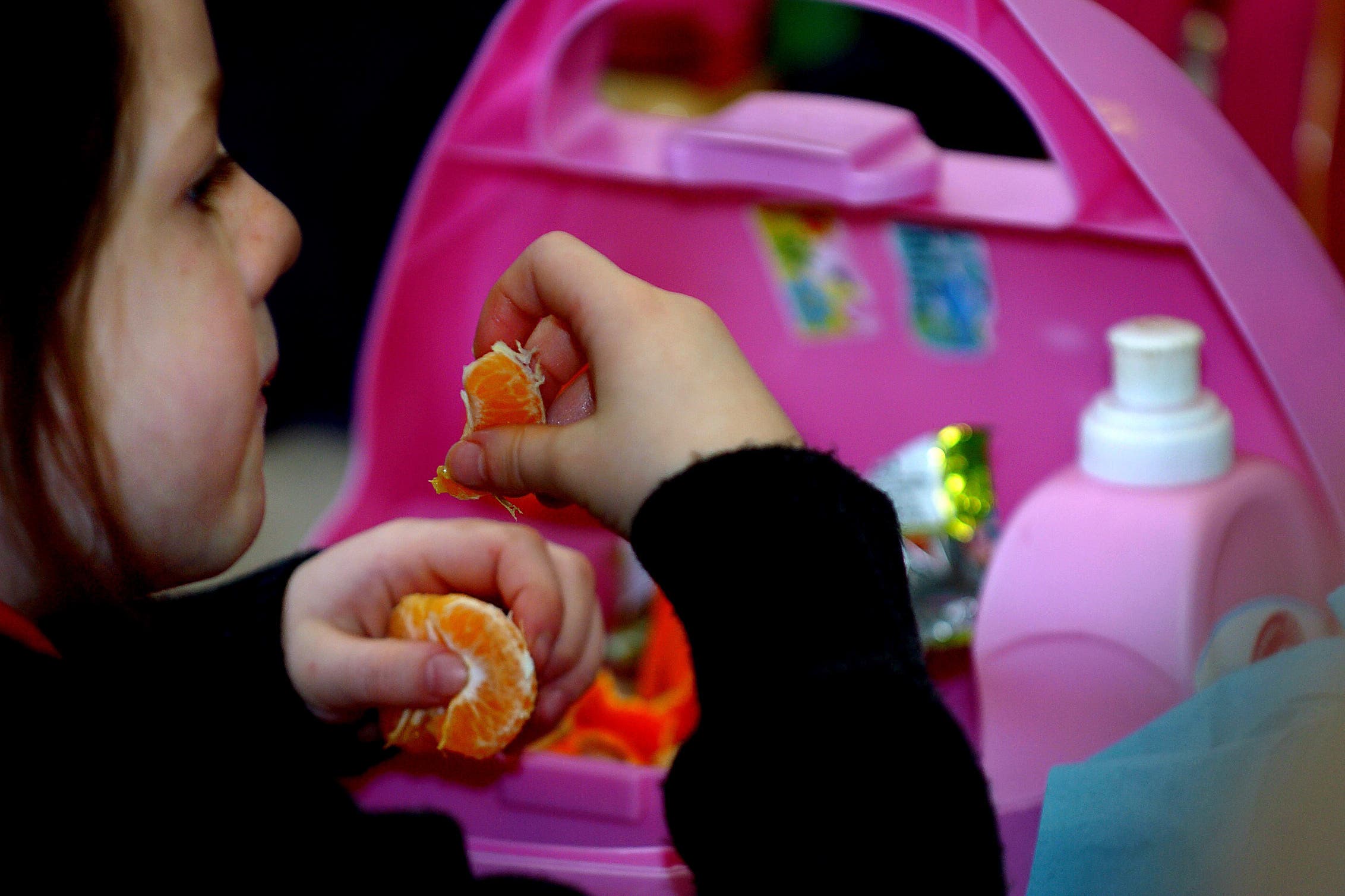Ministers warned of danger of shelving anti-obesity measures
An independent report warned ministers that children face the risk of diabetes, heart disease and other health issues.

Your support helps us to tell the story
From reproductive rights to climate change to Big Tech, The Independent is on the ground when the story is developing. Whether it's investigating the financials of Elon Musk's pro-Trump PAC or producing our latest documentary, 'The A Word', which shines a light on the American women fighting for reproductive rights, we know how important it is to parse out the facts from the messaging.
At such a critical moment in US history, we need reporters on the ground. Your donation allows us to keep sending journalists to speak to both sides of the story.
The Independent is trusted by Americans across the entire political spectrum. And unlike many other quality news outlets, we choose not to lock Americans out of our reporting and analysis with paywalls. We believe quality journalism should be available to everyone, paid for by those who can afford it.
Your support makes all the difference.Concerns have been raised about the delay in introducing major anti-obesity policies, after an independent report warned ministers that children face the risk of diabetes, heart disease and other health issues.
The report, conducted by City, University of London and seen by The Guardian, warns that ultra-processed foods and products high in fat, salt and sugar (HFSS) have become “normalised” in children’s diets.
Researchers working on the report, which was commissioned by the Government, also warned that low-income families in particular struggled to curb unhealthy eating.
According to the newspaper, the report warns: “While the health impacts of excessive snacking on UPF and HFSS foods are well documented amongst adults, there is growing evidence of similar impacts on infant, child and adolescent health.”
It comes after the Government announced that it was delaying a ban on junk food advertising before 9pm. Another plan to ban multibuy deals on HFSS foods, such as “buy one, get one free”, has been shelved until 2025.
According to the report, researchers want ministers to introduce the anti-obesity measures to improve the diets of children and young people.
A Government spokesperson said: “The Government is helping young people live healthy, active lives by funding the distribution of 420 million pieces of fruit and vegetables to younger school children each year and delivering dramatic reductions in the amount of sugar in children’s foods like breakfast cereals, yogurts and fromage frais, through our voluntary sugar reduction programme.
“We have introduced calorie labelling on menus in restaurants, cafes and takeaways, and we are restricting the placement of less healthy products in shops and online – for example near cashiers – to reduce the likelihood of unhealthy impulse purchases.”
But Dr Paul Coleman, who co-authored the research, told the paper: “Our research shows that for low-income parents there is little option but to buy these unhealthy options, even when they know they are bad for their child’s health.
“The low cost and long shelf life of unhealthy snacks make them the most logical option, despite parents wanting to make healthy purchases.”